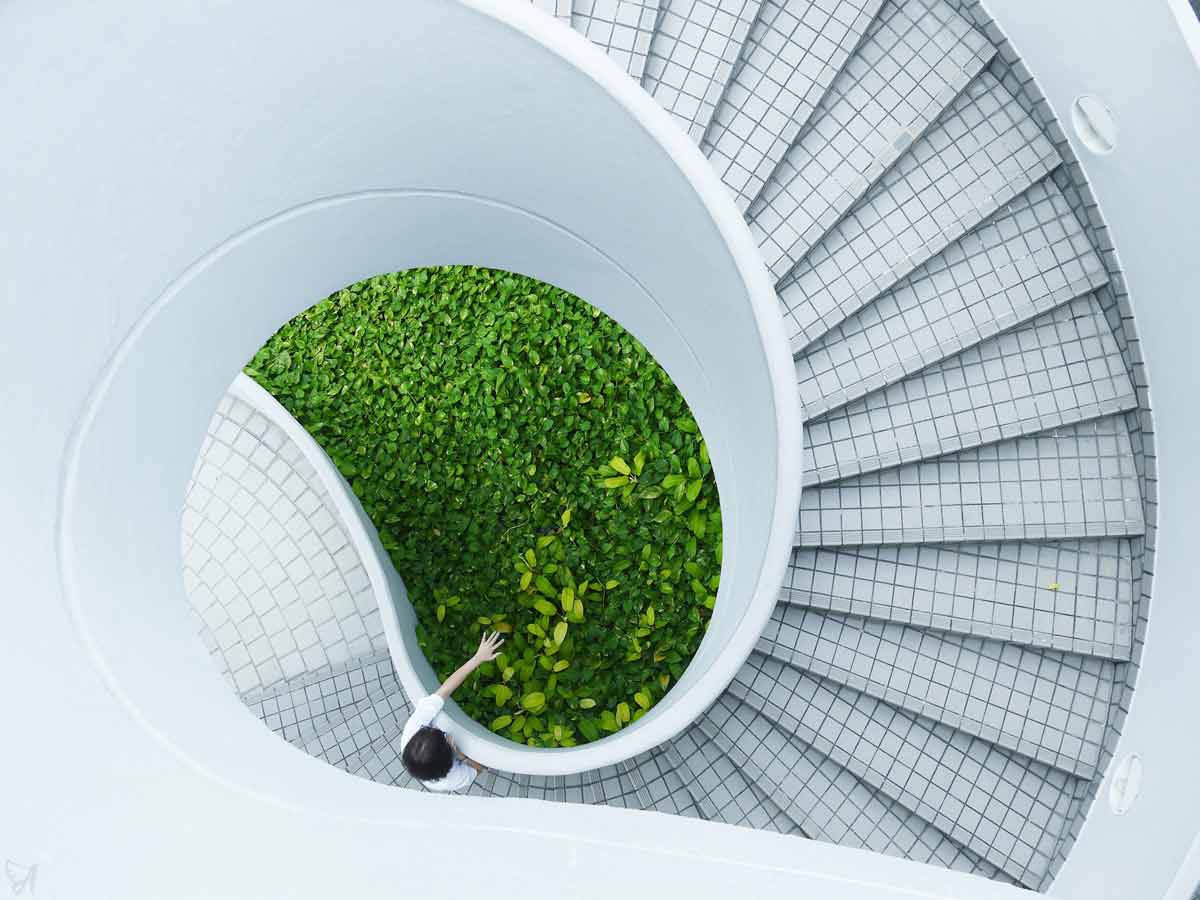by Tom Russell February 18, 2021

Collagen is a protein found in your bones, muscles, skin, and connective tissue. Your body makes its own, but some studies suggest that eating it may prevent collagen loss and even reduce some of the signs of ageing.
However, dietary collagen comes from animal sources such as meat, fish, bone broth, eggs and dairy. This makes it difficult for vegans to find suitable collagen-rich food and supplements.
Scientists have been able to create vegan collagen using genetically modified microorganisms, but there aren't many products available. Alternatively, there are lots of plant-based supplements and foods that can provide nutrients essential to collagen production.

Collagen is the main structural protein found in your body. It's produced in and around specialist cells called fibroblasts and is made of amino acids. Some of the amino acids are made in cells but nine are called ‘essential’ and must come from your diet. Several other nutrients including vitamins and minerals are also necessary to complete the process of building collagen.
When there are enough amino acids, enzymes are activated to bind them into chains. The chains are then arranged into three-stranded fibres that can be bent into different shapes to provide elasticity and strength. There are many different collagen types each with slightly different structures adapted to specific roles, such as bone structure, muscle elasticity and finely meshed membranes.
Most collagen supplements contain animal collagen broken down into short segments of two or three amino acids called peptides. This is so that they’re ready to use and your body doesn’t need to break them down first. Unfortunately, there are no naturally occurring plant-based collagen sources that can be used to make vegan peptides.
To solve this problem, supplement manufacturers have come up with two different ways to encourage your body to produce more collagen without animal products:

Scientists have found a way to genetically modify bacteria and yeasts to produce a protein known as recombinant human collagen (rhC). This is a useful option for vegans and vegetarians; however, some people prefer not to use genetically modified products.
In most cases, substances produced by yeast are not considered to cause suffering, but a small number of vegans still prefer to steer clear of them. These products are also hard to find because very few companies manufacture them.
On the positive side, because no animal products are used, rhC based supplements are often more affordable.
Collagen boosters are a much more common form of vegan collagen supplement. They don't contain any collagen or peptides but have a blend of plant-based substances that support collagen production in your body. They're usually designed to provide all of the nutrients needed for every step of collagen production. This often includes amino acids, hyaluronic acid, vitamin C, and a blend of minerals:
Amino acids - These are the building blocks that all types of collagen are made from.
Vitamin C – This activates enzymes that join amino acids into long chains to make collagen.
Hyaluronic acid – Increased levels of hyaluronic acid are could support collagen production and help retain necessary moisture in cartilage and skin.
Zinc, copper and silicon – These minerals are all involved in the normal production of collagen and studies have shown that if you don’t get enough, wrinkles may appear earlier. Zinc combines well with vitamin C for manufacturing collagen.

Another great way to enhance your collagen production is by adding collagen boosting foods to your diet. Similar to supplements, the best is those that are rich in amino acids, vitamin C and minerals:
Foods that contain all 9 essential amino acids - Soy, black beans, kidney beans pumpkin seeds, squash seeds, sunflower seeds, pistachio nuts, peanuts, and cashew nuts.
If you follow a vegan diet, aim for a range of quality protein sources like these every day. A good minimum target is the daily amount recommended by the Vegetarian Resource Group, which is about 63 grams per day for men and around 52 grams per day for women.
For reference, one cup of tofu provides 20g of protein, one cup of black beans gives 16g, one cup of sunflower seeds is 29g and 38g of protein in one cup of peanuts.
Foods that are rich in vitamin C – Citrus fruits, and berries. For an adult, a daily amount of between 75mg and 90mg of vitamin C per day is adequate. You can get about this amount from one and a half small oranges, one cup of lemon juice, five cups of blueberries or one cup of strawberries.

Other useful foods -
At first, it may seem that it's harder for vegans and vegetarians to supplement their diet with collagen, but that’s not strictly true. In fact, there are several great ways to boost collagen production without animal products. They include supplements made with recombinant human collagen, vegan collagen boosters and a varied diet of seeds, nuts, fruit and vegetables.

Comments will be approved before showing up.
Tracked & signed
Orders over £35
Orders over £199
Soil Association certified
Chat, email or call
Tom Russell
Author
Tom Russell writes extensively about CBD oil and other groundbreaking food supplements. He and his wife share their home with two daughters and a lifetime’s collection of books.